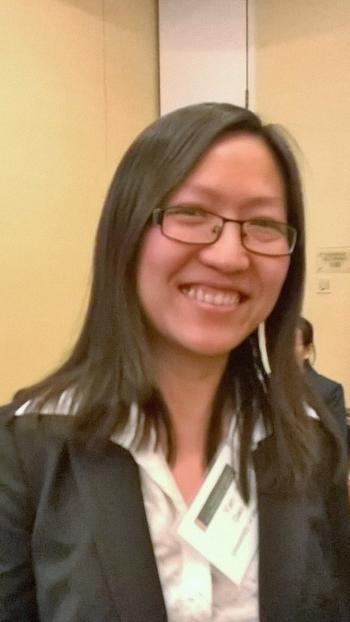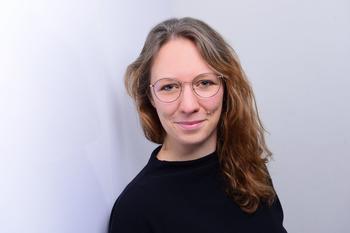Digital Workshop Series "Digital Dialogues 數字對話" #15: Animals, Science and Modernity: The Intricacies of Livestock Keeping in Late Imperial and Republican China
As part of the Digital Workshop Series "Digital Dialogues 數字對話", researchers will discuss various aspects and questions of the joint project.
Animals, Science and Modernity: The Intricacies of Livestock Keeping in Late Imperial and Republican China
Winged, cloven-hoofed, furry, feathery or wooly – when talking about Chinese history and the societies situated therein, rarely do we mention the non-human populations despite their role in war, migration, culture and human lives. Bringing together approaches from environmental and medical history, this digital dialogue will explore the intricacies of rearing, keeping and treating livestock animals in late imperial and Republican China with a focus on horses and sheep. Delving into the history of these two species in China, the two speakers show their importance in the political and economic life of the time, but also the problems state officials, soldiers or medical professionals faced when trying to harness the two species for the state’s goals. Human objectives could be thwarted not only by unforeseen environmental factors but also by animals’ behaviors and their physical reactions, which not always conformed to human expectations but often ran counter to them. This event wants to invite reflection not only on the specific fate of these two species but also on human-animal relations more broadly.
The Speakers:
Yan Gao is a historian of late imperial and modern China. She specializes in social and environmental history of central Yangzi region, water history, and Asian environmental humanities. Her first book Yangzi Waters, published by Brill, examines water management and environmental changes in late imperial central China. She continues to write about the Yangzi River, and expands her research interest to human-animal relations and climate humanities. Currently, she explores the interactions of social and climate systems in the central Yangzi valley from the nineteenth to the early twentieth centuries. She obtained her PhD from Carnegie Mellon University. She was a Carson fellow at the Rachel Carson Center and conducted research at the Max Planck Institute for the History of Science and Duke University.
Renée Krusche is a historian of modern China with a special interest in medical history. She is a Postdoc at Friedrich-Alexander-University Erlangen-Nürnberg (FAU), where in 2020 she finished her PhD on the topic of health practices and civilization diseases in Mao era China. In 2022 she published her first book The Health Socialist Life in Maoist China, 1949-1980. Currently she is researching Chinese veterinary history, historical human-animal relations in Asia, Chinese gendered health practices and the tradition of Yoga in Republican China.
Access:
The event will take place on zoom:
https://uni-wuerzburg.zoom-x.de/j/67288034664?pwd=WHhVaUc2eTBhelQwaDRId2ZDUUJjdz09


